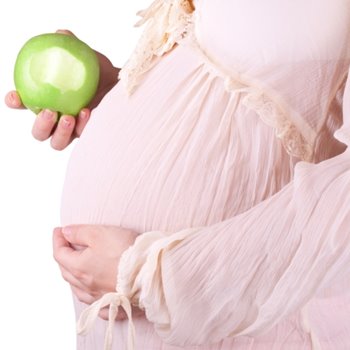Nausea And Vomiting In Pregnancy. What Are The Causes Of Vomiting And Nausea During Pregnancy? The exact reason for morning sickness or HG is not known.

Nausea and vomiting are both common in early pregnancy.
Mild nausea and vomiting is a normal part of pregnancy.
By answering a short series of questions, you can figure out whether your nausea and vomiting are related to your pregnancy or if they might be. Severe vomiting and nausea in pregnancy can be a serious condition which could affect the health of both you and your baby, and you should seek medical attention sooner rather than later. Excessive vomiting in pregnancy is much worse than the nausea and vomiting of morning sickness. You might begin feeling nauseous between the fourth and the sixth week i.e. the first trimester. Perform a full investigation including blood tests, urinalysis, and a pelvic ultrasound to assess severity and to. The symptoms are usually worse in the morning (hence the name 'morning sickness') but can occur at any time of the day, and sometimes continue throughout the day.
Perform a full investigation including blood tests, urinalysis, and a pelvic ultrasound to assess severity and to. Excessive vomiting in pregnancy is much worse than the nausea and vomiting of morning sickness. It has been safely used for decades and is specifically approved by Health Canada for use in pregnancy. It generally occurs in the morning, so it is often called "morning sickness". Many treatments are available to women with 'morning sickness', including drugs and complementary and alternative therapies. There are some women who suffer from nausea for the duration of the pregnancy.
Pregnancy causes changes in your hormones that may lead to nausea and vomiting. The recommendations featured here are based on expert opinion. The woman is also asked about vomiting in previous pregnancies, about previous abdominal surgery, and use of drugs that may contribute to.






